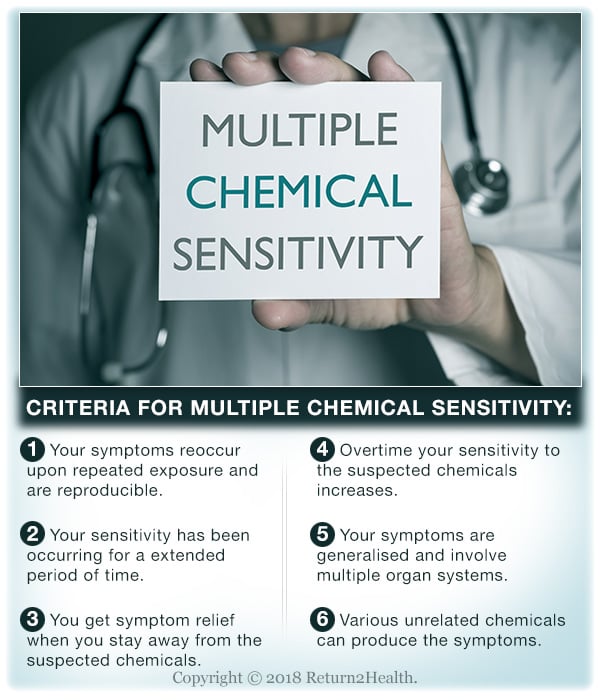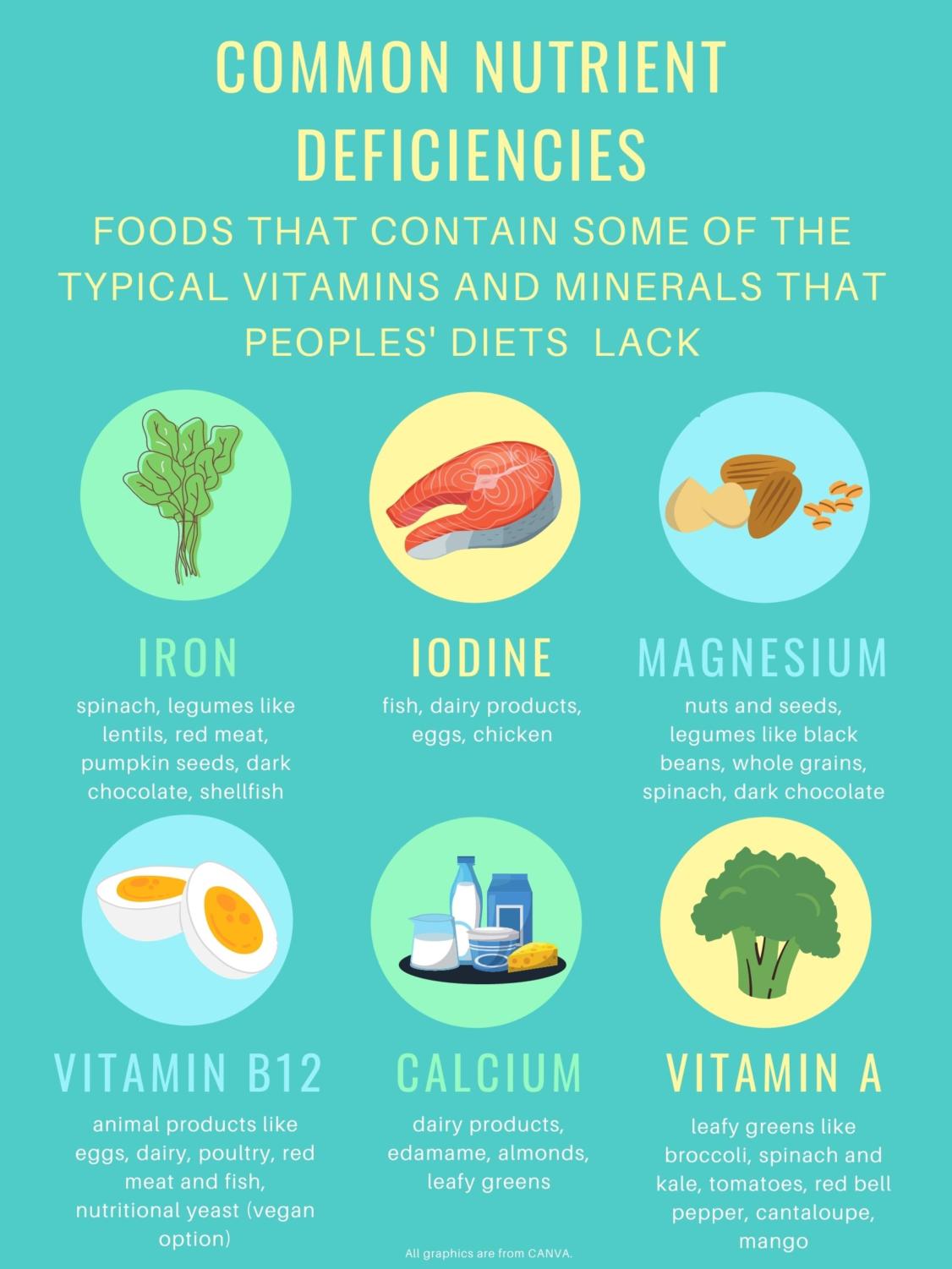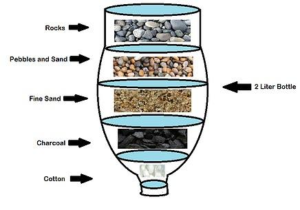Understanding your body’s reactions to various chemicals is vital, especially in a world where exposure to synthetic substances is almost unavoidable. If you find yourself asking “Are You Chemically Sensitive?,” you’re already taking a step towards recognizing a condition that affects many, yet remains enigmatic to some.
Chemical sensitivity can greatly impact one’s quality of life, with symptoms ranging from mild discomfort to severe physical reactions. It’s essential to approach this topic with empathy and informed care to help those affected live more comfortably.
What is multiple chemical sensitivity?
Multiple Chemical Sensitivity (MCS), also known as Environmental Illness or Chemical Intolerance, represents a condition where individuals experience adverse health effects due to exposure to low-level chemicals. This can include everyday substances like cleaning products, perfumes, and pollutants.
Despite ongoing research, the medical community has yet to reach a consensus on the causes of MCS. The Cleveland Clinic and other healthcare providers emphasize the importance of evidence-based medicine in diagnosing and treating this condition.
MCS is sometimes associated with other issues, such as Sick Building Syndrome and poor Indoor Air Quality, further complicating its understanding. People with MCS often find themselves in a constant effort to avoid triggers to maintain their health.
The complexity of MCS is underscored by the subjective nature of its symptoms and the lack of definitive testing methods. Nevertheless, institutions like UT Health San Antonio continue to explore the potential immune responses contributing to MCS.
How can you identify if you are chemically sensitive?
Identifying chemical sensitivity starts with monitoring reactions to certain environments or products. People often report feeling ill in areas with strong smells or after being exposed to specific substances.
- Pay attention to patterns of symptoms when exposed to potential triggers.
- Look for recurrent health issues in specific environments, like headaches in a newly painted room.
- Consult healthcare providers to rule out other conditions with similar symptoms.
Are You Experiencing Chemical Sensitivity Symptoms? If you are noticing consistent adverse effects in response to chemical exposures, it may be a sign of chemical sensitivity.
What are the symptoms of chemical sensitivity?
The symptoms of chemical sensitivity can be wide-ranging and often non-specific, making them difficult to attribute directly to chemical exposure without careful observation and medical input.
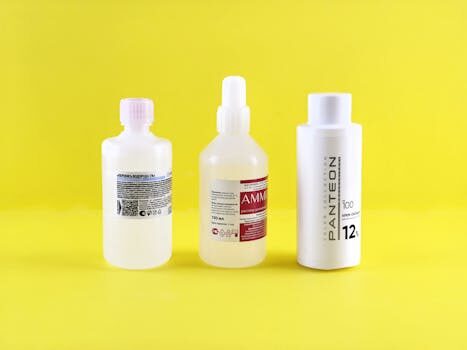
Common symptoms include:
- Headaches and migraines
- Fatigue and lethargy
- Cognitive disturbances, such as memory loss and difficulty concentrating
- Mood changes, including irritability and anxiety
These symptoms can be exacerbated by exposure to a variety of environmental factors like tobacco smoke and perfumes. Those affected may find relief by avoiding such triggers.
How is chemical sensitivity diagnosed?
Diagnosing chemical sensitivity can be challenging due to the lack of standardized testing. Primary care services often begin with a thorough patient history and a process of elimination to exclude other conditions.
Diagnosis may include:
- Detailed patient history to understand symptom patterns and potential triggers
- Physical examinations and lab tests to rule out other illnesses
- Environmental assessments to identify possible sources of exposure
A Chemical Sensitivity Test may be recommended, although its validity is often debated within the medical community.
What treatment options are available for chemical sensitivity?
Treatment for chemical sensitivity typically focuses on reducing exposure to known triggers and managing symptoms.
- Avoidance of trigger substances is the most common and effective strategy.
- Detoxification therapies, although controversial, are sometimes considered.
- Lifestyle changes, such as a diet free from processed foods and allergens, can be beneficial.
What Are the Treatment Options for Multiple Chemical Sensitivity? While no one-size-fits-all treatment exists, individualized care plans developed with healthcare providers can make a significant difference.
How can you manage chemical sensitivity in your daily life?
Managing chemical sensitivity in daily life requires vigilance and often significant lifestyle modifications.
Here are some strategies to consider:

- Creating a Chemical-Free Living Space by using natural cleaning and personal care products.
- Choosing foods carefully, especially if you’re concerned about “What Foods Should You Avoid If You Are Chemically Sensitive?” Organic and whole foods are generally recommended.
- Implementing stress-reduction techniques, as stress can exacerbate symptoms.
- Engaging in regular exercise, which can help detoxify the body and improve overall health.
Adapting to a lifestyle that minimizes chemical exposure can be empowering and contribute significantly to symptom relief.
What steps can you take to reduce chemical exposure at home?
Reducing chemical exposure at home is a critical step in managing chemical sensitivity.
Consider these best practices:
- Use natural cleaning products or make your own from simple ingredients like vinegar and baking soda.
- Opt for furnishings and building materials with low-VOC (volatile organic compounds) emissions.
- Ensure good ventilation to improve indoor air quality.
- Avoid using synthetic air fresheners and opt for natural alternatives instead.
By taking proactive steps to create a Chemical-Free Living Space, you can significantly reduce your exposure to potential irritants.
For further insights into managing a chemically sensitive lifestyle, take a look at this informative video:
Related Questions on Chemical Sensitivity
How to recover from chemical sensitivity?
Recovery from chemical sensitivity often involves a multifaceted approach. It starts with identifying and avoiding triggers, which can provide significant relief. Additionally, working with healthcare providers to develop a tailored treatment plan is crucial.
Ongoing support and possibly lifestyle changes, including dietary modifications, can also play a role in recovery. Patients should remain patient, as recovery can be a gradual process.
Can multiple chemical sensitivity kill you?
While MCS is not typically considered a fatal condition, severe cases can lead to life-threatening reactions if left unmanaged. It’s critical to take precautions to avoid trigger substances and to seek medical advice to manage the condition effectively.

MCS can significantly impact the quality of life, reinforcing the need for awareness and proactive management strategies.
What is a chemical sensitivity test?
A chemical sensitivity test aims to identify substances that may trigger symptoms in a person with MCS. However, the reliability of such tests remains a topic of debate, and they should not replace a comprehensive evaluation by a healthcare professional.
Patients interested in testing should consult with specialists in Environmental Medicine for the most accurate advice.
What are the treatment options for multiple chemical sensitivity?
Treatment options for MCS vary, with avoidance of triggers being the cornerstone of management. Some patients may benefit from immunotherapy, while others find relief through holistic approaches, such as diet and lifestyle changes.
It’s essential to consult with knowledgeable healthcare providers to explore all available treatment avenues.
How to live with multiple chemical sensitivity?
Living with MCS involves creating a supportive environment that minimizes exposure to triggers. This can include a careful selection of products used in daily life, as well as educating friends and family about the condition.
Joining support groups and staying informed about new research and management strategies can provide additional coping mechanisms for those with MCS.
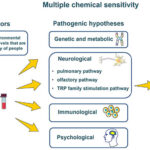 Understanding chemically sensitive conditions
Understanding chemically sensitive conditions
